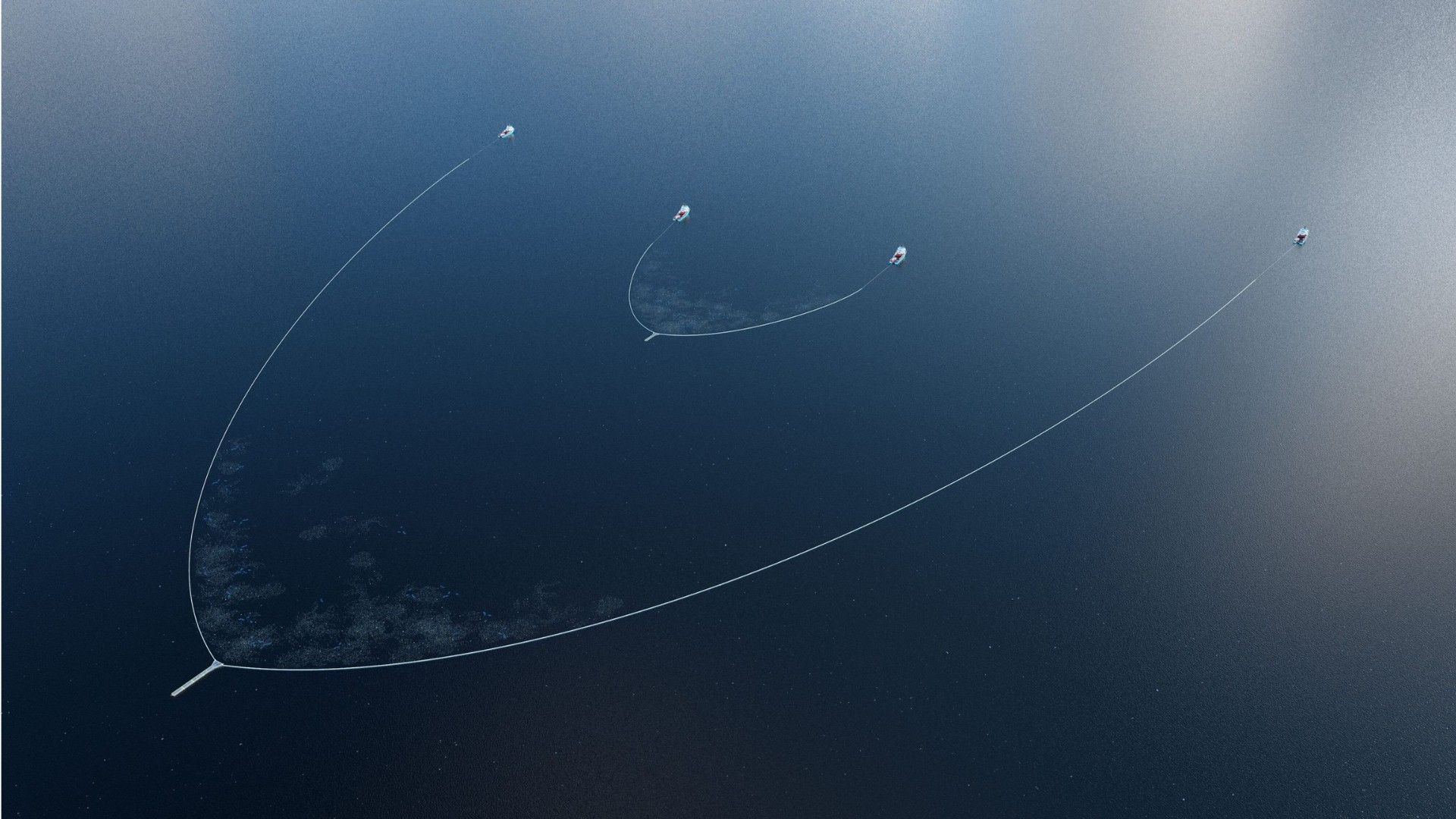
🌊 Less plastic in the oceans than presumed, says Dutch researcher
Recent research indicates significantly less plastic in oceans than estimated. Around 3 million tons, instead of 50 to 300 million tons of plastic waste.
Share this story!
- Recent research indicates significantly less plastic in oceans than estimated.
- Around 3 million tons, instead of 50 to 300 million tons of plastic waste.
- New data suggests more plastic remains in rivers than previously believed.
Less plastic than anticipated
For years, we believed our oceans held between 50 million to 300 million tons of plastic waste. A new study from Utrecht University, however, suggests the numbers are drastically smaller, around 3.2 million tons.
Utrecht University oceanologist Mikeal Kaandorp and his research team formed this conclusion after examining over 20,000 reliable measurements from across the globe. Their findings point out that rivers contribute less to the ocean's plastic problem than previously thought. Instead, a significant portion of the plastic stays in the rivers.
Previous calculations
Past estimates drew largely from annual plastic production figures, which hover around 400 million tons. Since the 1950s, an estimated total of 10 billion tons of plastic has been produced. Out of this, a mere 6 percent was reused, while the remainder faced incineration, dumping, or went unaccounted for. Using this data, environmental groups believed over 10 million tons of plastic polluted our oceans each year.
Despite these alarming figures, scientists were puzzled by an inability to locate the projected amounts of plastic in the oceans. Kaandorp's findings reveal that only a small fraction of this waste ends up in the ocean.
"Plastics in the ocean predominantly stay as large pieces, with fewer microplastics than we assumed," he reported.
A cautious celebration
Biologist and anti-plastic campaigner Merijn Tinga reacted with guarded optimism to the study’s revelations.
"It’s uplifting to know the oceanic plastic situation might be less dire," she expressed. However, she was quick to add, "Even if it's a hundred times less, it remains a significant issue. The silver lining might be that, if more plastic remains in rivers, it could be relatively easier to address."
Ocean (and) river cleanup
Like Merijn Tinga says, even if the problem is smaller than we thought, it still needs solving. Boyan Slat and his Ocean Cleanup are cleaning up both oceans and rivers from plastics. They aim to collect 90 percent of all plastics in the oceans at the latest in 2040.

By becoming a premium supporter, you help in the creation and sharing of fact-based optimistic news all over the world.



